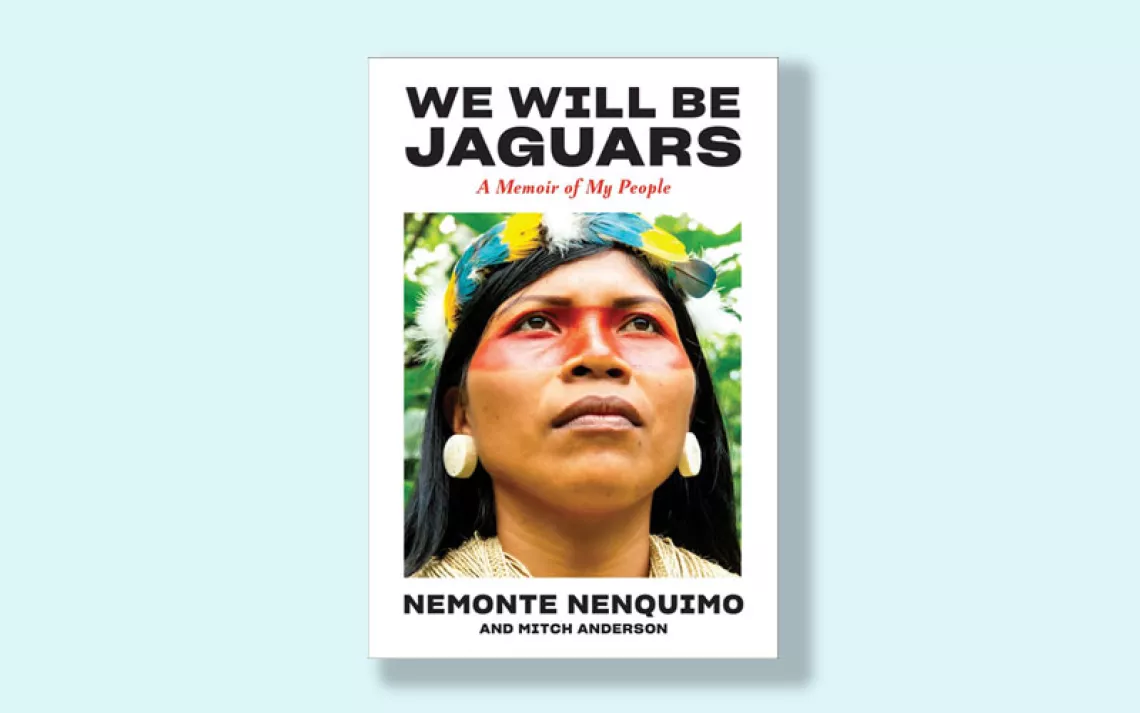What Makes a Mosquito Potentially Lethal Lurks Behind the Bite
Timothy C. Winegard's "The Mosquito" is abuzz with little-known history

Tiny leviathan: The mosquito has bent the arc of history, felling armies and empires. Photo by Lior Kestenberg
One singular apex predator has done more to shape history than any other animal on the planet. Statistically speaking, this titan among the species has killed roughly half of all humans who ever lived. As colonial domination played out over 2,000 years, generals and their cunning strategies were not the game changers. More was decided by that leviathan living among us, ever abuzz in the background, ready to bite.
The mosquito.
"We are at war with the mosquito," Timothy C. Winegard writes in his epic The Mosquito: A Human History of Our Deadliest Predator (Dutton, 2019). "A swarming and consuming army of 110 trillion enemy mosquitoes patrol [almost] every inch of the globe."
The mosquito first appeared 190 million years ago, followed not long after by the parasite that causes malaria. The female can deliver about 15 diseases through her bite, malaria being one of the most lethal. Amber-encased mosquitoes infected with the disease date back to the dinosaur age, which, Winegard notes, the mosquito likely helped bring to an end. In ancient Indian medical texts, doctors refer to a fiery fever demon arising during the rainy season (mosquitoes love standing water). And in ancient Egyptian papyri, scribes talk of bathing victims in fresh human urine to combat malaria.
The mosquito likes to hunt near the ground, which is why it's often circling your ankles. After landing, it uses its serrated mandible cutting blades to saw through your skin, then stabs you with its proboscis and sucks out three to five milligrams of blood. The bite itself isn't deadly; the diseases it can transmit are. Since 2000, the average annual number of human deaths caused by mosquito-borne diseases has clocked in at around 2 million, making eco-terror flicks like Jaws seem absurd by comparison (sharks kill about 10 people per year).
The insect felled whole empires. Invading Roman armies were decimated by a "chronic malarial snowball effect." Meanwhile, "the Roman penchant for gardens, cisterns, fountains, baths, and ponds, in combination with the complex systems of aqueducts, frequent natural floods, and a coinciding period of global warming, all provided a haven for mosquito propagation, turning the elements of urban beautification into death traps," Winegard writes.
"Once you go further down the rabbit hole," Winegard told Sierra, "you realize that in the revolutions in the United States and Haiti and in south Central America, it was the mosquito that was the undoing of the colonial powers."
But The Mosquito isn't simply about battles and body counts. At every turn, you can feel Winegard maneuvering his thesis into place: The arc of history often bends not of our own will but through powerful forces at play in the world that are beyond human agency and control. It's a history with a soundtrack: that all-too-familiar buzzing sound.
A mosquito, it turns out, played a primary role in Winegard's own story. In 1918, his great-great-grandfather William was sick from a bout of malaria after serving in World War I, delaying his repatriation to Canada by two years. Had that not happened, William would not have found himself on a boat in 1920 watching a seasick girl vomit over the side.
"I wouldn't be here," Winegard says, "if he didn't contract malaria and meet my great-great-grandma on that boat."
This article appeared in the September/October 2019 edition with the headline "There Will Be Blood."
 The Magazine of The Sierra Club
The Magazine of The Sierra Club



